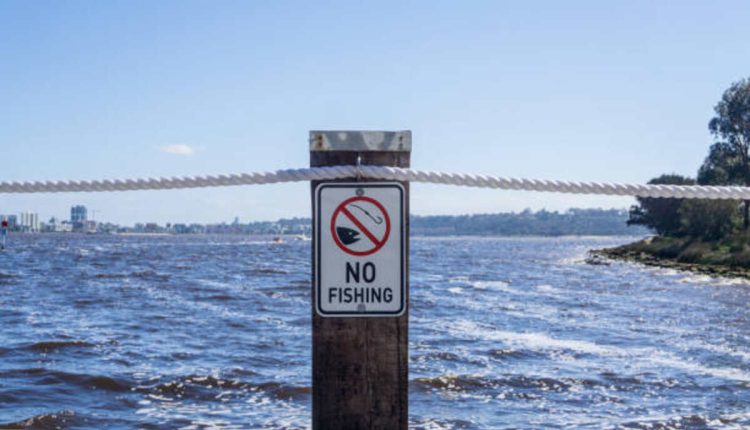RIVER OF DEnial is a profoundly intimate look at one family’s dangerous, deadly domestic violence dynamic. Using deeply personal home videos, Megan reveals the illusions that kept her in a volatile relationship and explores factors leading to a love turning lethal.
The kid’s fear of his father’s drunken abandonment is real. Yet, it is made illegitimate by his mother’s denial of his reality.
1. You’re not sick
People living in denial often refuse to discuss their issues with others. They’ll ignore any suggestions for help and act casually about the impact their behavior is having on other people. They’ll make a mountain out of a mole when other people try to point out that there is a problem.
This defensive mechanism may seem harmless in the short term, especially if you’re feeling burnt out or overwhelmed, but it can have severe consequences. It prevents us from recognizing the severity of an internal or external situation and taking action to address it, which could lead to serious health issues or a dangerous situation worsening without any intervention.
Often, denial is a result of a traumatic event. Whether it’s an abusive relationship or experiencing the trauma of a car accident, you can become emotionally disconnected from your reality and begin to live in a state of constant fear. If you’re able to recognize that you’re in this state, it’s essential to seek the help of a mental health professional or support group.
Avoiding reality can multiply your problems, leading to stress, physical illness, and even mental health disorders. For example, suppose you’re in an abusive relationship. In that case, ignoring the warning signs of violence can escalate into domestic violence, financial ruin, addiction, and other serious problems that impact your family and loved ones.
2. You’re not the wrong person
When you feel like the wrong person, it can be tempting to beat yourself up over it. But that’s not necessarily a good idea. Instead, try thinking about what caused you to misbehave. Maybe you were hurting yourself or someone else because of pain, confusion, or fear. Perhaps you were relying on a friend who wasn’t able to handle it, or you said something you wished you could take back. You may have even cheated on a partner, stolen, or lied.
The truth is that most people do shitty things from time to time. But it’s important to remember that these are temporary, minor slip-ups. Everyone gets angry sometimes, lies to friends, and goes shopping on a Sunday afternoon without letting anyone know.
RIVER OF DENIAL chronicles the harrowing journey of one family as they come to terms with a deadly domestic violence situation. Through profoundly personal home videos, filmmaker Megan shares her family’s story to expose the denials that kept them ignoring the warning signs until it was too late. The film also raises awareness about the factors that can lead to love turning lethal and the ways that we can all help prevent abuse before it happens.
3. You’re not an alcoholic
In some cases, people who drink heavily think they’re not alcoholics because they can hold down jobs, provide for their families, and even excel at certain activities. But according to the Centers for Disease Control, heavy drinking is a real problem that can eventually catch up to you.
One of our regular listeners shared her story on the show about how denial led to a downward spiral in her life, including drinking and alcoholism. She was able to find sobriety 15 years ago and said she credits the support of her 12-step group with being the only thing that saved her from a complete mental breakdown.
Megan’s documentary feature RIVER OF DENIAL is a personal journey through the illusions that kept her in an abusive relationship until it reached its deadly climax. She uses profoundly personal home videos she and her husband shot to shed light on the factors that can lead to intimate partner violence and how it can affect everyone — victims, perpetrators, children, and loved ones alike.
4. You’re not an addict
If you have a sore throat, it is easy to identify a physical illness and know that your body needs medicine to help. Unfortunately, when it comes to addiction, recognizing that you have a problem is much more difficult. Suppose you are hiding your alcohol consumption from a loved one, lying about how many drinks you have had in the last day, and ignoring other responsibilities due to your drinking habits. In that case, it’s time to recognize that you are an addict.
A well-chosen quote can be a lifeline in tough times and recovery. Featuring whimsical hieroglyphics, this collection of witticisms on fear, denial, insanity, ego, resentment, and healing is sure to cheer you up.
Megan is the director of the documentary feature RIVER OF DENIAL, which explores her family’s experience at the end of a deadly domestic violence situation. Using profoundly personal home videos, she and her husband guide the audience through the denial that kept them from seeing warning signs in their relationship and expose the factors that can lead to love turning lethal. The film is intended to raise awareness of intimate partner abuse.


